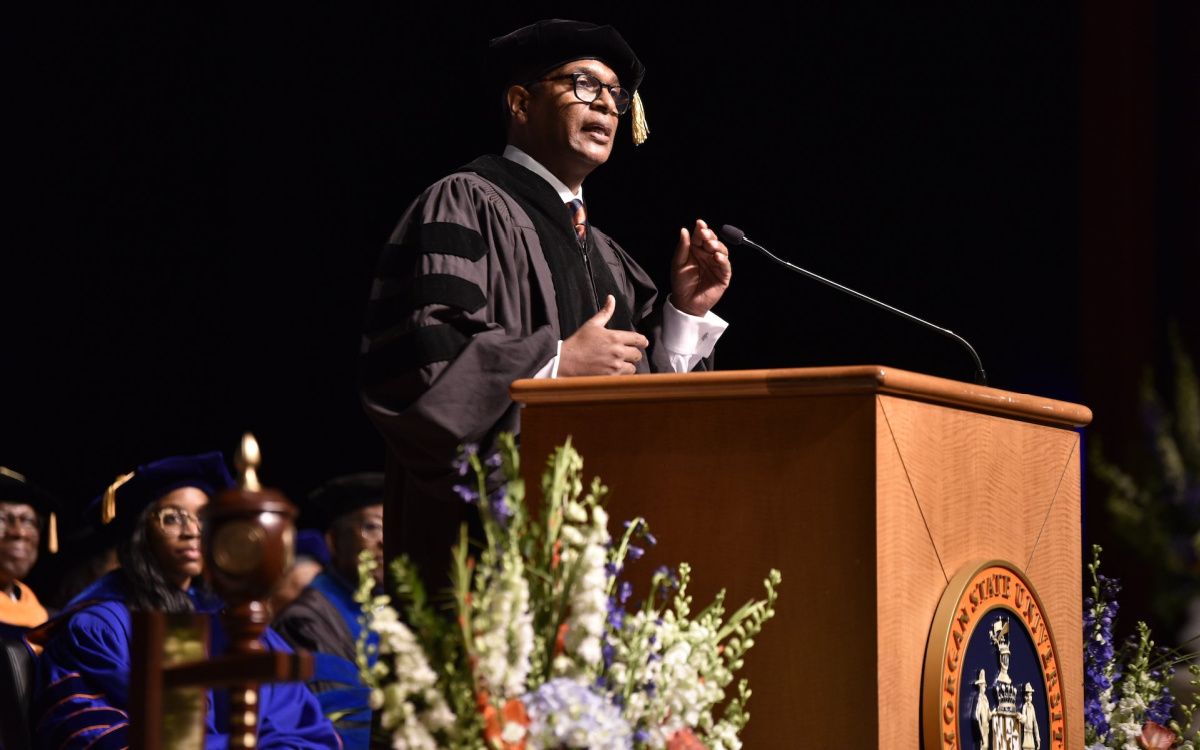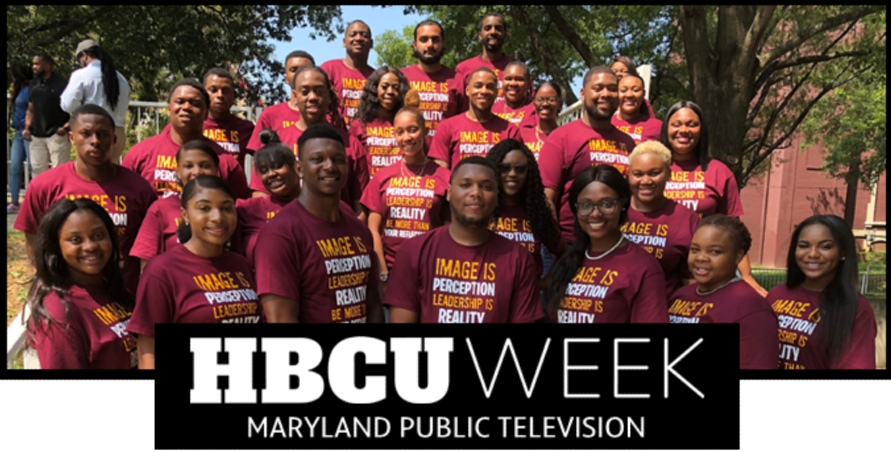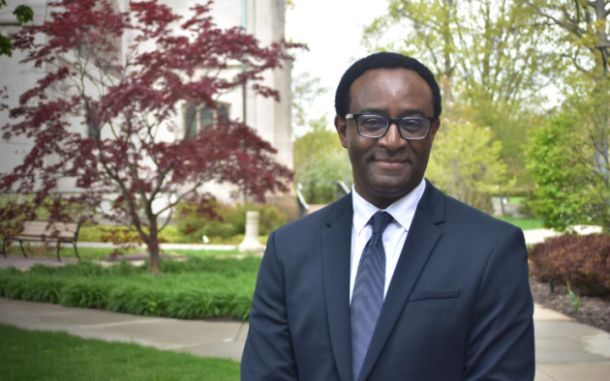
Travis Mitchell, MPT’s Senior Vice President and Chief Content Officer and the creator of HBCU Week, spoke to LOCAL, USA host Tina McDuffie about creating HBCU WEEK @ MPT
Travis Mitchell, MPT’s Senior Vice President and Chief Content Officer and the creator of HBCU Week, spoke to LOCAL, USA host Tina McDuffie about how he wanted to spotlight the many ways in which HBCUs have contributed to American history and society.
“These are places of academic excellence. In the nonprofit world, we simply are taught to ask the question, ‘What happened if this did not exist?"
“These are places of academic excellence. In the nonprofit world, we simply are taught to ask the question, ‘What happened if this did not exist?’ I could only imagine what would happen if HBCUs did not exist,” Mitchell said. “Without the HBCUs at the forefront of change in America, many of the freedoms that we all enjoy to go to the schools of our choosing would not have been possible.”
The Interview
In an exclusive interview, the Morgan State University alum tells us more about why he wanted to share HBCU stories on screen and how he thinks these documentaries can speak to universal American experiences.
W: Tell us about the process of creating HBCU Week at MPT.
TM: We put on HBCU football and basketball games from all of the major Black college conferences [because] we had a 15-year partnership with them. It is the one thing that people were demanding to see – HBCU culture on the screen.
Our Audience
Our audience was not limited to African Americans who went to HBCUs, but there was a curiosity about these American institutions, and there was a demand for the content. We didn't just showcase the game; we showcased the Battle of the Bands and, more importantly, we told the stories of each one of the schools that were pitted against each other. These stories related to people who could identify with the resilience and the brilliance of the HBCUs in America.

The content value chain starts with listening before you produce – you have to listen to the people that you serve. In public media, I believe we're in the people business, not the media business. We had to build trust: Was this MPT trying to tell the story about HBCUs because HBCUs were the flavor of the month, because we were in the post-George Floyd era, or was this an authentic commitment to open up the airwaves to all citizens in Maryland, particularly those who had graduated from HBCUs?
Our Mission
Once people were able to see that this was in alignment with our mission to enrich lives and strengthen communities, they understood that HBCU alums could feel safe in their stories being told in the right way using filmmakers who understood and embraced the HBCU experience.
The Take Away
W: What do you hope audiences take away from HBCU Week?
TM: I hope viewers walk away with the understanding that HBCUs – if you understand their history – are models of the possibility of inclusion. They were places that gave birth to the American Dream and made it possible for newly-freed slaves. They were places that, when the times called, rose to the challenges presented to them, fighting against those who would restrict access to the American Dream. And, because of their sacrifices, they made it possible for Americans to be even freer today.
